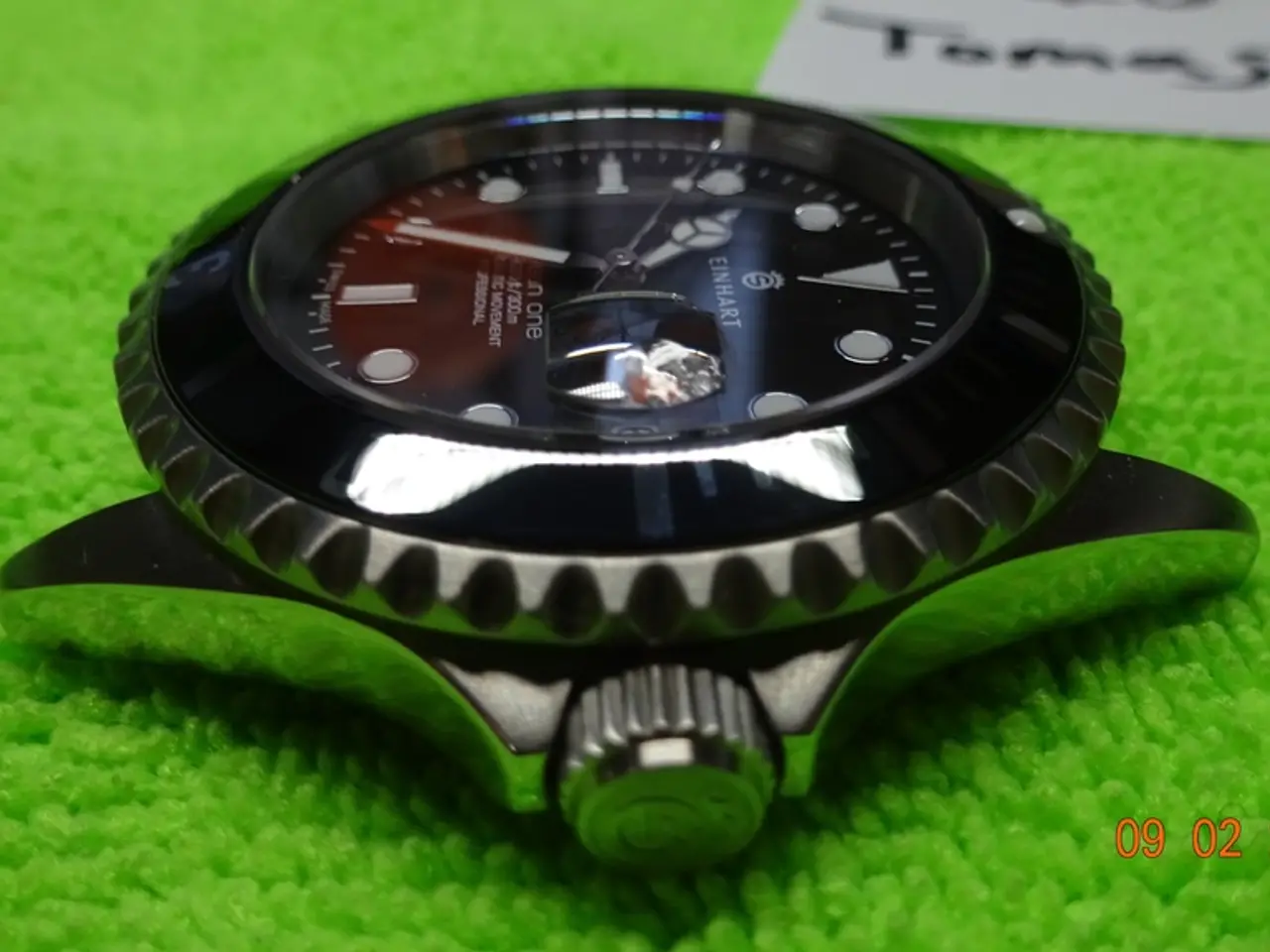Wearable heart monitor Cardiosense gains approval from the Food and Drug Administration (FDA)
In a significant development for the cardiac health industry, Cardiosense, a leading medical technology company, has recently received FDA 510(k) clearance for its innovative wearable heart monitor, the CardioTag. This clearance marks a critical milestone enabling clinical deployment of the device, although widespread adoption will depend on further clinical validation, integration into care workflows, and market uptake by healthcare providers and patients.
The CardioTag is unique in its ability to simultaneously collect electrocardiogram (ECG), photoplethysmogram (PPG), and seismocardiogram (SCG) signals. This multimodal approach allows for a comprehensive assessment of heart rhythm, mechanical, and hemodynamic cardiac function noninvasively. One of the key benefits of this technology is the accurate measurement of cardiac timing intervals such as left ventricular ejection time (LVET), which provides valuable insight into cardiac pumping function.
In a study published in the Journal of the American College of Cardiology: Heart Failure, the CardioTag was compared favourably to devices such as Zoll Medical's Heart Failure Management System. However, further details about the specific comparison were not provided.
Regarding pulmonary capillary wedge pressure (PCWP) estimation, while the exact performance of CardioTag’s algorithm compared to other devices is not detailed in the available sources, the incorporation of SCG along with ECG and PPG signals offers a more comprehensive physiological dataset than devices relying solely on ECG or PPG. This can potentially improve measurement fidelity and patient comfort, although direct comparative performance data has yet to be published in peer-reviewed studies.
Cardiosense has also published a paper on a PCWP algorithm and has received breakthrough device designation for this algorithm, but it has not yet secured 510(k) clearance for the model.
The CardioTag device is designed to be worn on a patient's chest, and its sensors monitor the heart's electrical activity, changes in blood volume, and vibrations on the chest wall associated with cardiac mechanical activity. The device captures ECG, PPG, SCG signals, heart rate, and pulse rate.
Cardiosense has raised $15.1 million in 2022 to develop the CardioTag device. The company plans to use the signals collected by the CardioTag as inputs for the development of AI models for cardiovascular parameters.
In the study comparing CardioTag to existing wearable methods such as impedance cardiography, the CardioTag was found to match the accuracy of these methods in deriving LVET. The authors of the study concluded that CardioTag, when paired with the PCWP algorithm, could lower the barriers to monitoring.
While the primary current barrier to widespread use of Cardiosense's CardioTag wearable heart monitor is its early market entry stage post-FDA clearance, this innovative device holds great promise for the future of noninvasive cardiac monitoring and management.
- The FDA's 510(k) clearance for Cardiosense's CardioTag marks a critical step towards its clinical deployment, although widespread adoption will depend on various factors including further clinical validation.
- The CardioTag is a unique wearable heart monitor, capable of simultaneously collecting ECG, PPG, and SCG signals for a comprehensive cardiac function assessment.
- A study published in the Journal of the American College of Cardiology: Heart Failure favorably compared the CardioTag to devices like Zoll Medical's Heart Failure Management System, although specific comparison details were not provided.
- The CardioTag's incorporation of SCG, along with ECG and PPG signals, can potentially improve measurement fidelity and patient comfort for pulmonary capillary wedge pressure (PCWP) estimation, although direct comparative performance data has yet to be published in peer-reviewed studies.
- Cardiosense plans to use the signals collected by the CardioTag as inputs for the development of AI models for cardiovascular parameters.
- In a study comparing the CardioTag to existing wearable methods, the CardioTag was found to match the accuracy of these methods in deriving left ventricular ejection time (LVET), and when paired with the PCWP algorithm, it could lower the barriers to monitoring.




